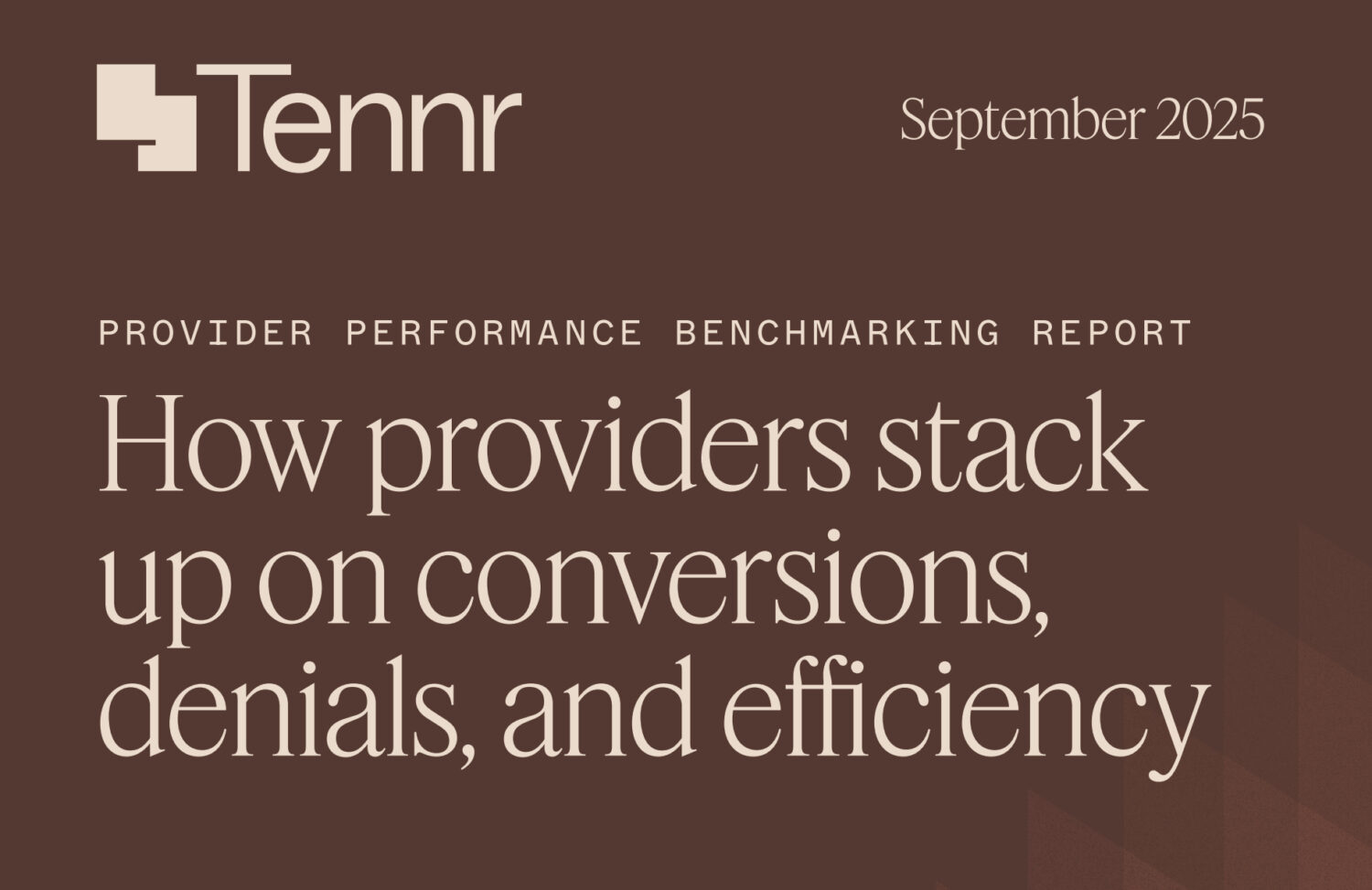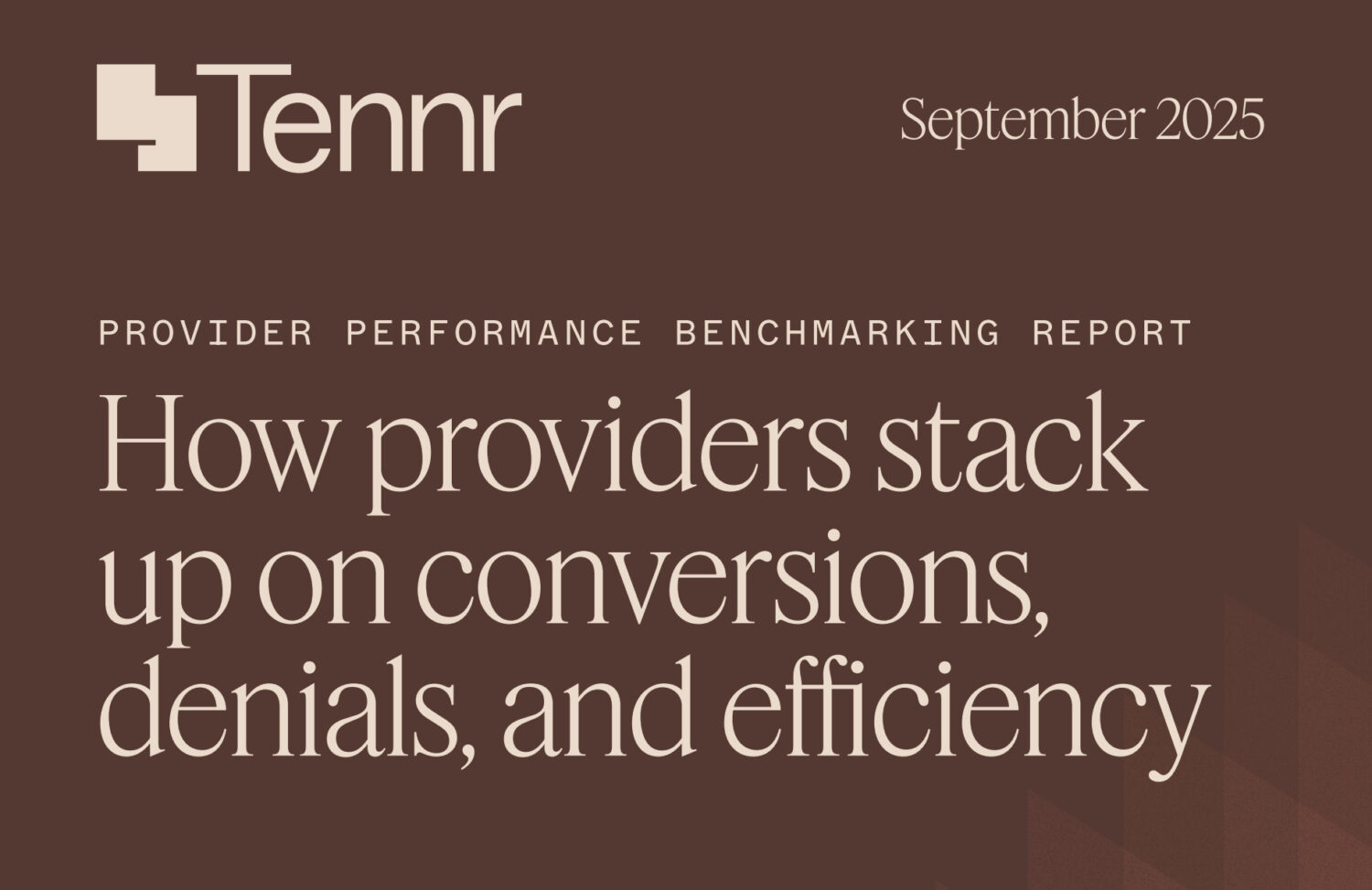
What You Should Know:
– Tennr, a company automating the labor-intensive workflows of referral-based care, has released its first Healthcare Provider Benchmark Report. The study uncovers a significant financial challenge: independent healthcare providers lose over 10% (or $2.2M) every year due to claim denials that originate during the patient referral backlog.
– The report analyzed data from healthcare organizations using Tennr’s platform to process tens of millions of patients, tracing claim denials back to specific paperwork problems that happen early in the process.
The Root Cause: Paperwork Problems and Referral Leakage
The study challenges the common focus on downstream billing issues, highlighting that the majority of costly claim denials are conceived during the initial referral intake process, not during billing.
Key Findings from Tennr’s Report:
- Revenue Loss: Independent providers lose 10% (or $2.2 million) of their revenue annually when intake paperwork is missing the information that insurers require for approval. These errors delay care and often cause patients to skip care altogether.
- Referral Leakage Crisis: The healthcare industry faces a “leakage” problem where nearly half (46%) of all referrals disappear into a black hole. The industry average shows that only 54% of faxed referrals actually turn into orders or scheduled care.
- Denial Reduction: Providers using Tennr reduced their preventable claims denial rate by 34%, recovering revenue that would otherwise be lost.
Productivity Gains and Strategic Advantage
Tennr’s platform significantly enhances the efficiency and scale of independent providers, leveling the playing field against large hospital systems.
- Productivity Surge: Traditional manual processing averages fewer than 100 orders per full-time employee weekly. Providers using Tennr to process their referrals handle nearly 300 orders per full-time employee weekly.
- Increased Conversions: Providers using Tennr convert 68% or more of their patients from referrals, compared to the industry average of 54%. One provider, after eliminating their referral backlog with Tennr, processed 157% more referrals, freeing up bandwidth for patient engagement and education.
Why Automation is an Urgent Priority
Making referral processes more efficient is an urgent priority for the healthcare industry as denial rates continue to rise. Nearly 1 in 5 claim submissions are now denied on first pass, with analysts estimating a $20B savings opportunity from automating these manual, error-driving processes.
For independent providers operating on razor-thin margins, solving the referral processing problem is critical for financial sustainability. As co-founder and CEO Trey Holterman noted, when independent providers go out of business, patients are left with fewer options for care and higher costs. The data shows that solving the referral problem helps independent providers grow their bottom line and patients maintain access to care.














